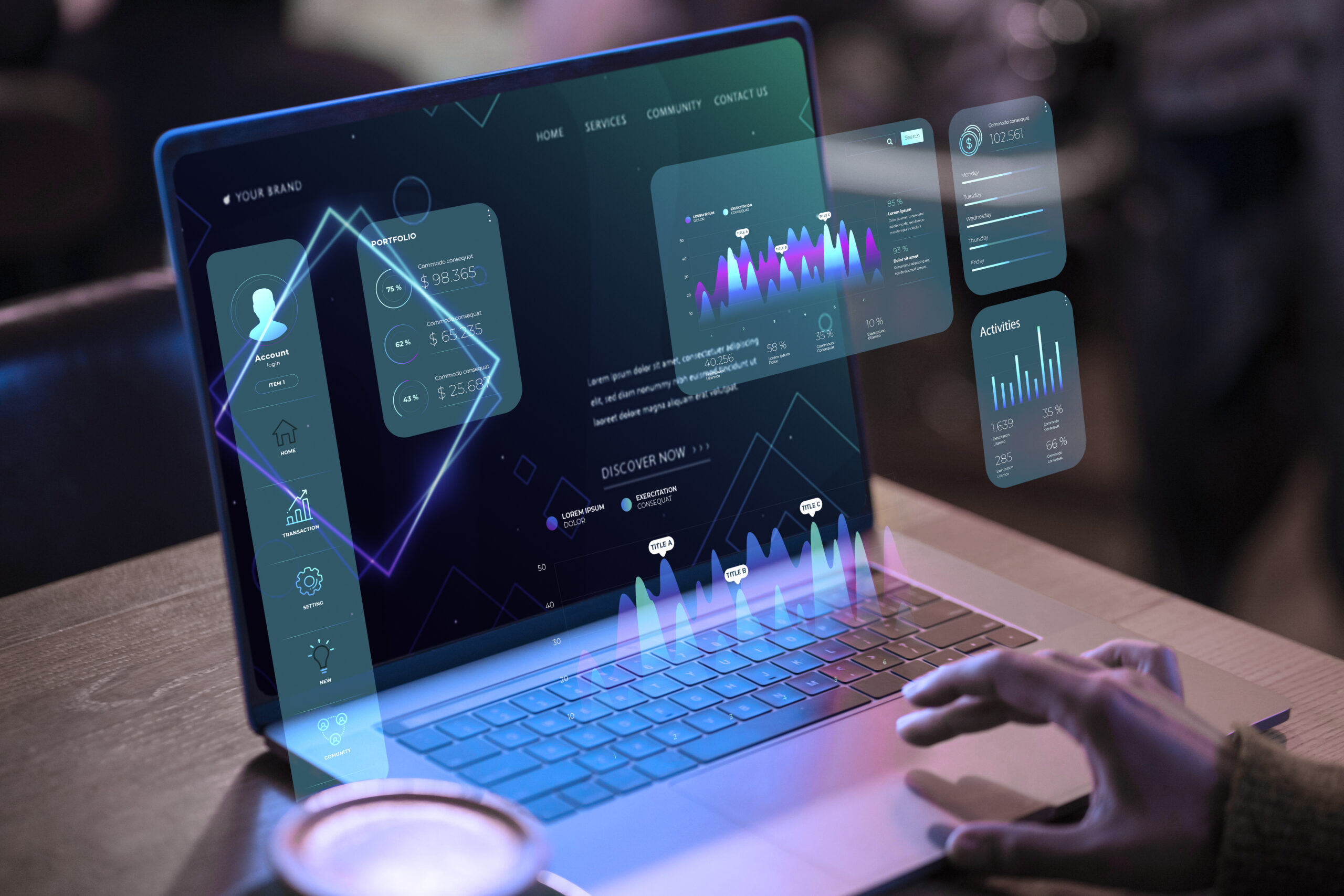In today’s hyper-connected world, technology is deeply woven into our lives. From smartphones and social media to remote work tools and AI-driven apps, digital platforms have transformed how we communicate, learn, and even relax. But as we embrace this convenience, one question becomes increasingly important: How is the digital age affecting our mental health?
The Double-Edged Sword of TechnologyThe Double-Edged Sword of Technology
Technology is a powerful tool that can either enhance or harm mental well-being. On one hand, digital platforms connect people across the globe, provide access to mental health resources, and enable flexible work-life balance. On the other hand, excessive screen time, constant notifications, and unrealistic social media standards can lead to stress, anxiety, and depression.
The Rise of Digital Stress and Anxiety
The average person spends over 6 hours online every day. While scrolling through Instagram or binge-watching videos might seem harmless, prolonged exposure to digital content often leads to:
Comparison Pressure: Seeing curated lives online can create feelings of inadequacy.
Information Overload: Constant news updates can cause anxiety and fatigue.
Sleep Disruptions: Blue light from screens affects melatonin, leading to poor sleep quality.
The Positive Side: Technology as a Mental Health Ally
It’s not all negative. Technology also offers solutions:
Mental Health Apps like Calm, Headspace, and Woebot provide guided meditation and therapy support.
Online Therapy Platforms make professional help more accessible than ever before.
Virtual Communities allow people to share experiences and find support groups world
Finding the Balance: Digital Wellness Tips
To maintain good mental health in the digital age, consider these strategies:
✔ Set Screen Time Limits: Use app timers to avoid endless scrolling.
✔ Practice Digital Detox: Dedicate “no-phone” hours during the day.
✔ Curate Your Feed: Follow accounts that inspire positivity, not stress.
✔ Prioritize Real-World Connections: Meet friends offline, spend time in nature, and engage in physical activities.
Final Thoughts
The digital age isn’t inherently bad for mental health—it’s how we use technology that matters. By setting boundaries and practicing mindful usage, we can enjoy the benefits of the digital world without compromising our mental well-being.

